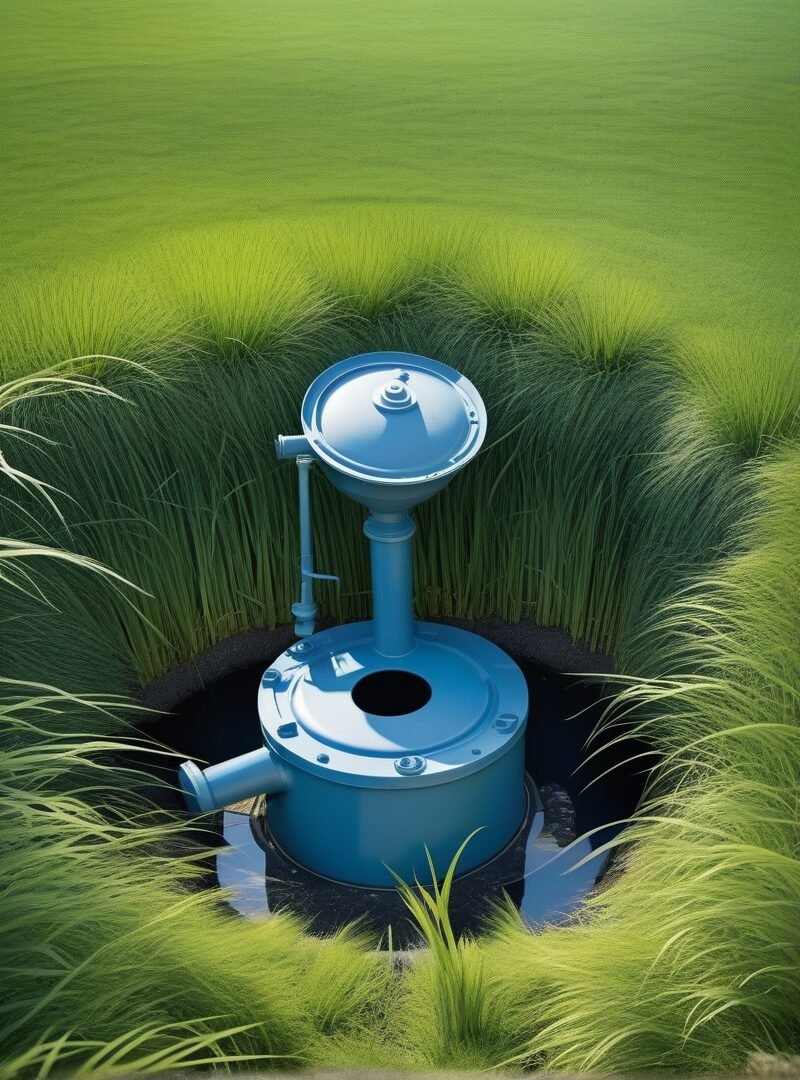Septic System Maintenance: Your Guide to Longevity
Ensure the health and efficiency of your septic system with our comprehensive maintenance guide. Discover essential tips and practices to keep your system running smoothly and avoid costly repairs.
Regular Inspections
Learn the importance of routine checks to identify potential issues early and maintain system efficiency.
Pumping Schedules
Understand the recommended intervals for pumping your septic tank to prevent overflow and system failure.

The Importance of Septic System Maintenance
Maintaining your septic system is crucial for preventing environmental contamination and ensuring the longevity of your system. Regular upkeep not only protects your property but also safeguards public health by preventing the release of untreated sewage into the environment. By adhering to recommended maintenance practices, you can avoid costly repairs and extend the life of your septic system.
Understanding Your System
A well-maintained septic system efficiently processes wastewater, separating solids, oils, and grease from the liquid effluent. This process prevents clogs and backups, ensuring that your system functions optimally. Regular inspections and timely pumping are key components of effective septic system maintenance.
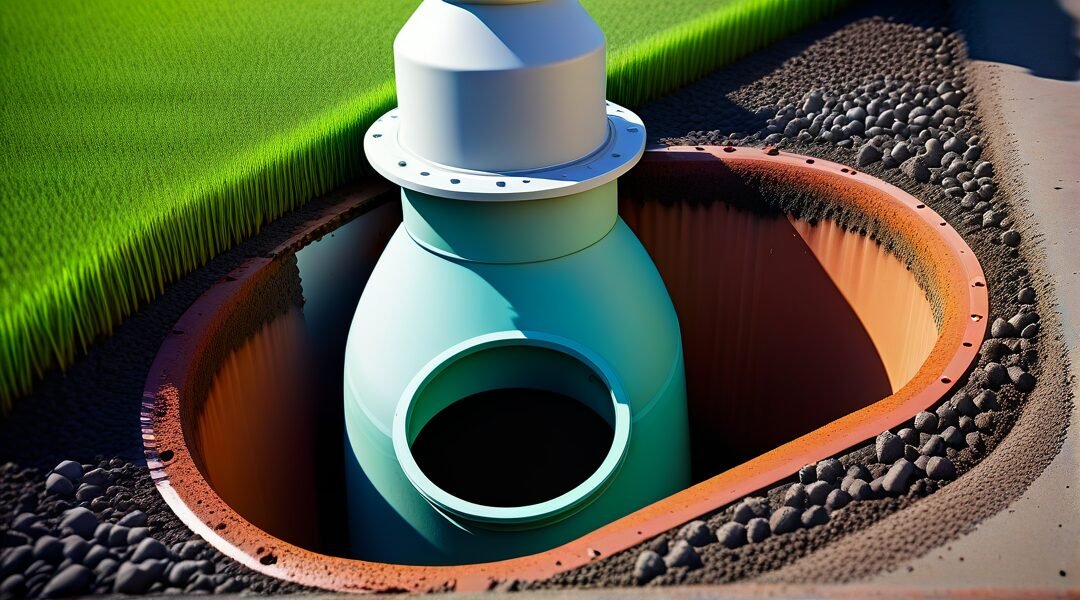
Septic System Maintenance FAQs
How often should I inspect my septic system?
It’s recommended to inspect your septic system annually to ensure all components are functioning properly and to catch any issues early.
What are signs of a failing septic system?
Common signs include slow drains, unpleasant odors, wet spots in the yard, and sewage backups. If you notice any of these, contact a professional immediately.
When should I pump my septic tank?
Typically, septic tanks should be pumped every 3 to 5 years, but this can vary based on usage and tank size. Regular inspections can help determine the optimal schedule.
Can household chemicals affect my septic system?
Yes, harsh chemicals can kill beneficial bacteria in your septic tank, disrupting the treatment process. Use septic-safe products whenever possible.
What maintenance can I do myself?
Homeowners can regularly check for leaks, monitor water usage, and ensure only appropriate materials are flushed or drained. Professional inspections are still necessary for thorough assessments.
Septic Tank Pumping Guidelines
Regular pumping is crucial for maintaining a healthy septic system. The frequency depends on household size, tank size, and water usage.
1
Assess Household Size
The number of people in your home directly affects how often your septic tank needs to be pumped. More occupants mean more frequent pumping.
2
Evaluate Water Usage
High water usage can fill your septic tank faster. Consider water-saving fixtures to extend the time between pumpings.
3
Determine Tank Size
The size of your septic tank will dictate the pumping schedule. Larger tanks can hold more waste, allowing for less frequent pumping.
4
Consult a Professional
For an accurate pumping schedule, consult with a septic system professional who can assess your specific needs.
Common Septic System Issues
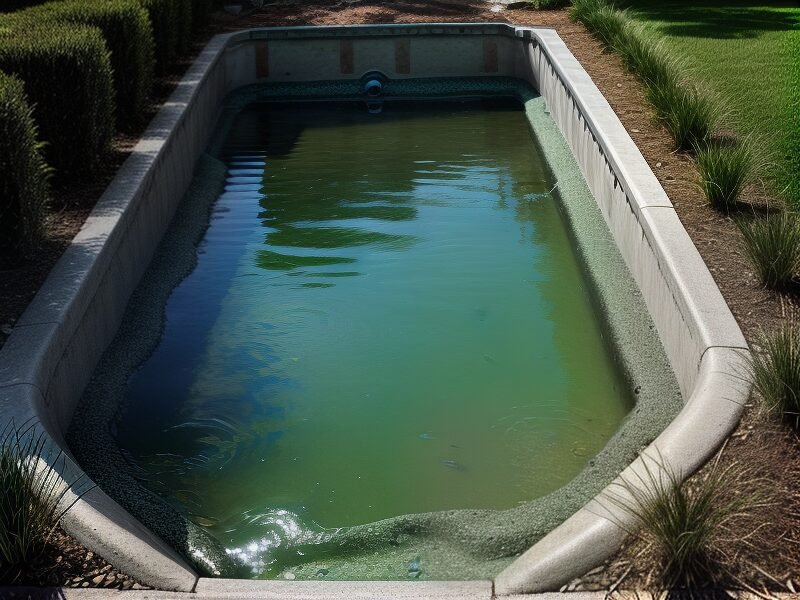
Clogged Pipes
Signs of Blockage
★★★★★
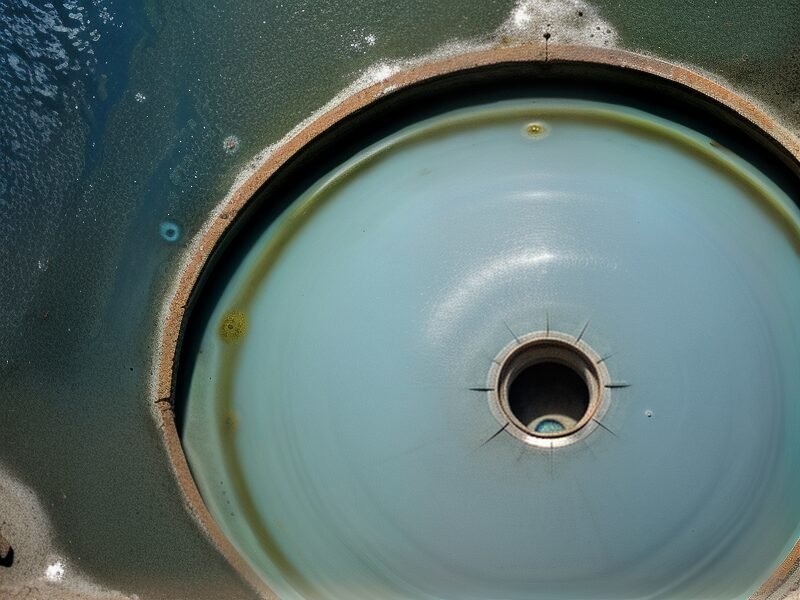
Drainfield Failure
Indicators of Saturation
★★★★★
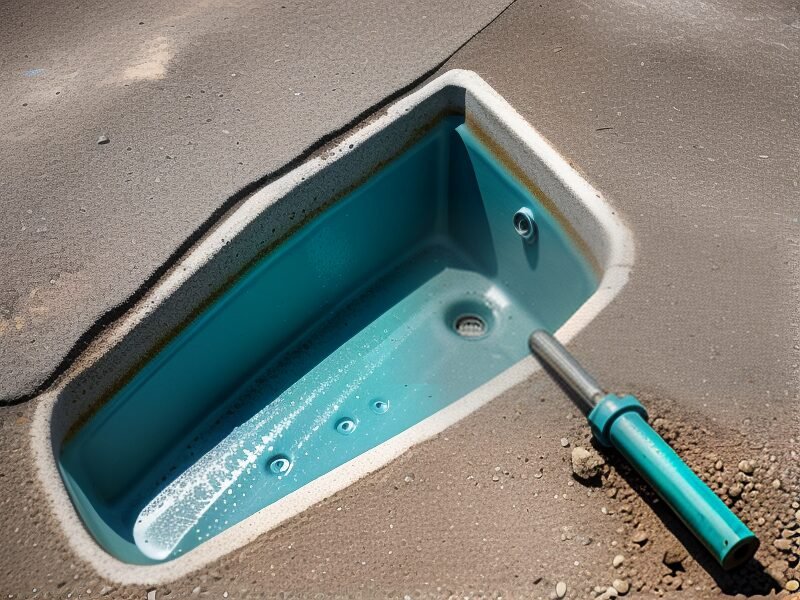
Tank Overflow
Warning Signs
★★★★★
Septic System Maintenance Tips
For systems, percolation testing
Before a septic system can be properly designed and installed, a percolation test, also called as a perc test, proves to be one of the most important aspects in such a process. Which of septic systems will be appropriate for the given conditions will entail knowing...
Septic System Regulations Introduction by State
Regulations regarding septic system standards differ for each state in the U.S. and most states have frequent local regulations concerning the design, management, and use of septic systems. The national system of guidelines stipulates that most of these regulations...
Backflow of the septic system
The reason for the sewage backflow into the septic system is lack of efficient movement of waste water and this leads to sewage seepage into the house and even into the yard. There is a part of the HTML that looks like it is an outline of the topics for that section....
Determining the size required for septic tanks new construction?
In order to determine the size of a septic tank in new developments, it involves several factors with the most important ones being the size of the house, the expected number of occupants and how much wastewater is likely to be generated on a daily basis. This is a...
Designing and Construction of a Mound Septic System
When conventional septic systems are not appropriate due to factors regarding the site, a mound septic system is used as a substitute. This could be a shallow bedrock, there is too much groundwater, or the soil is not penetrable enough. A mound construction comprising...
Septic System Inspections: A Homeowner’s Guide
Septic system inspections are one of the primary tasks aimed at the preservation of the health of your septic system. Inspections allow positive identification of the septic system in use, take preventative measures that help avoid expensive repairs, and assist in...
Take Charge of Your Septic System's Health
Ensure the longevity and efficiency of your septic system by taking proactive measures today. Regular maintenance, including inspections and timely pumping, can prevent costly repairs and environmental hazards. Visit our resources for expert guidance and support to keep your system running smoothly.
